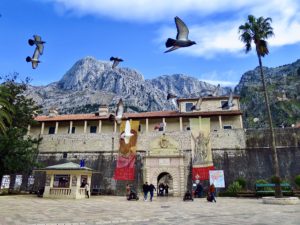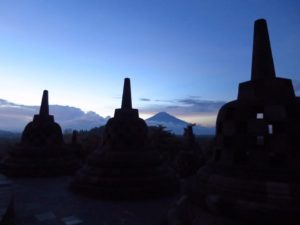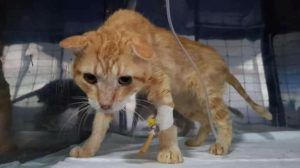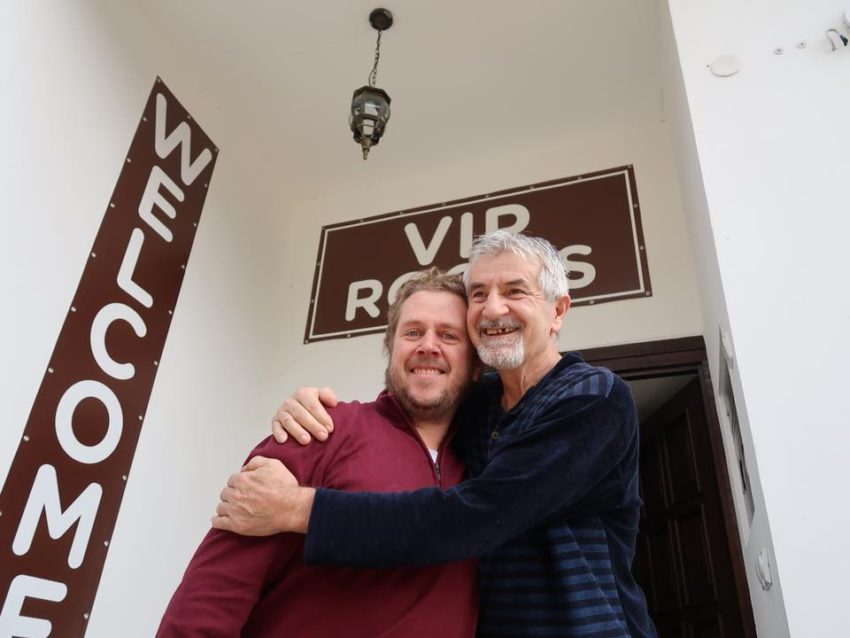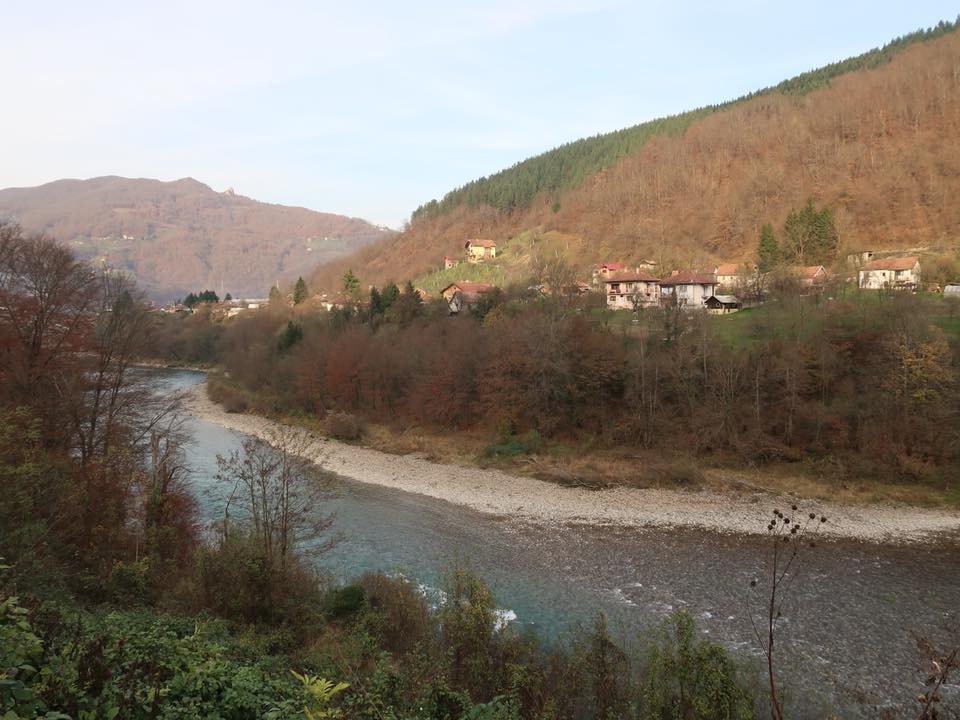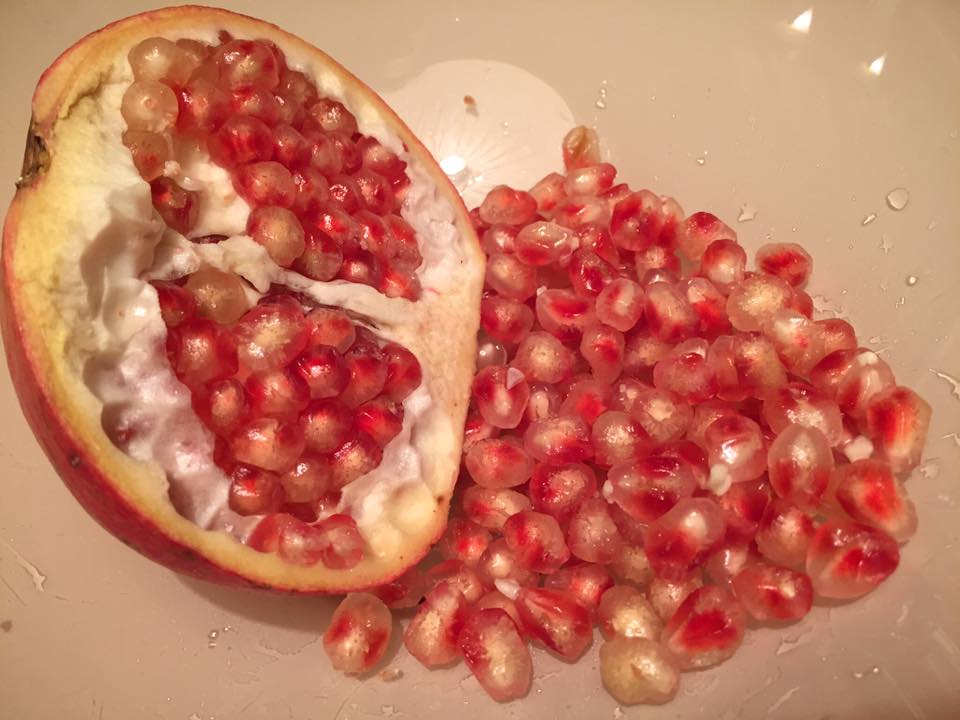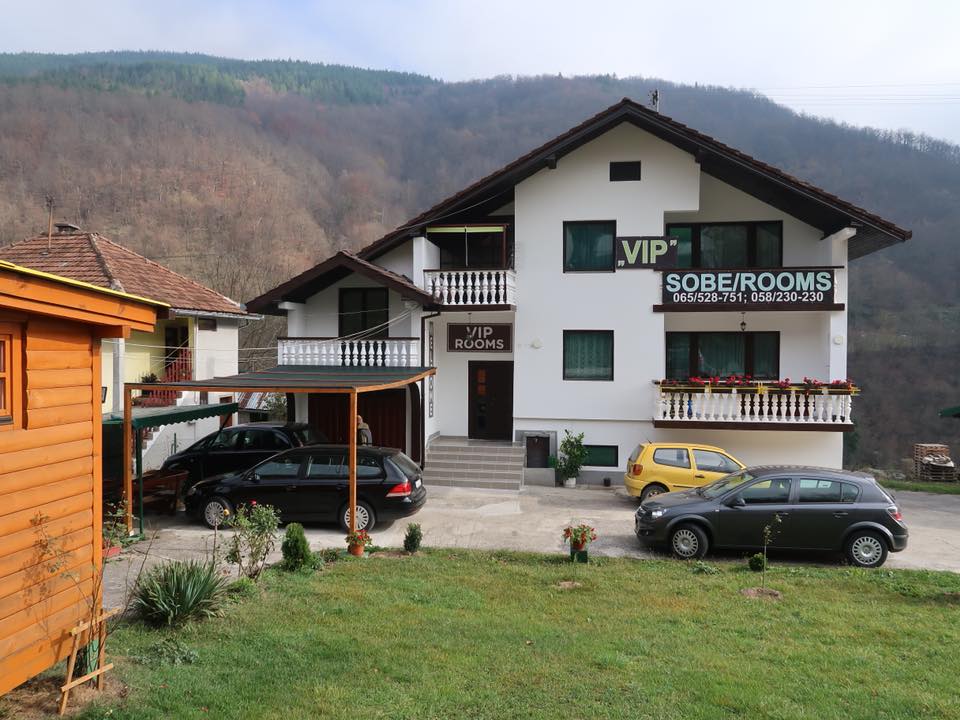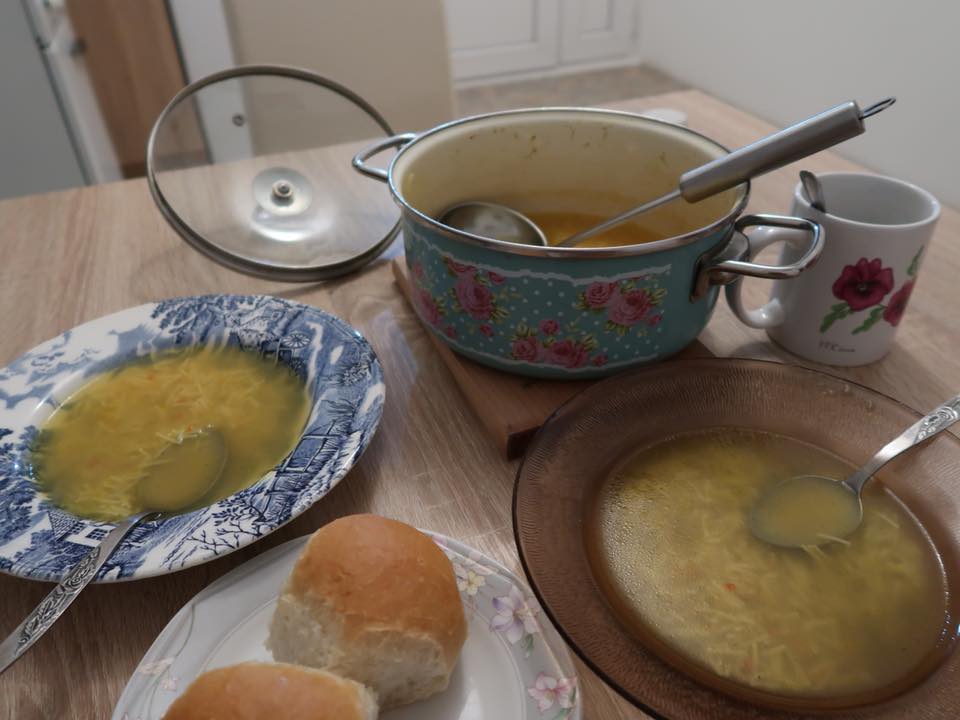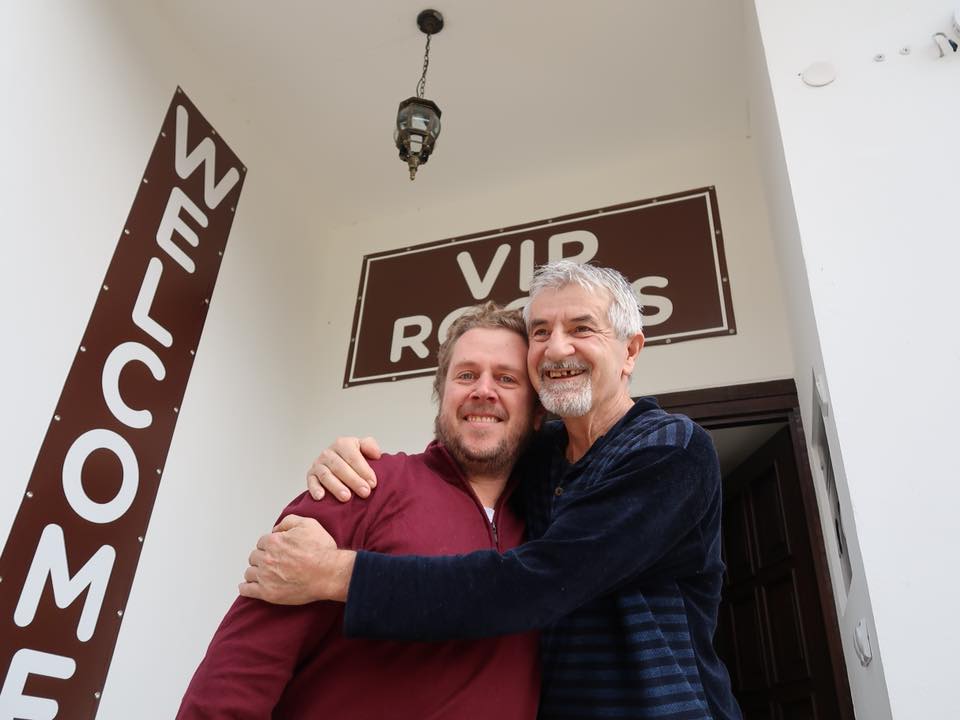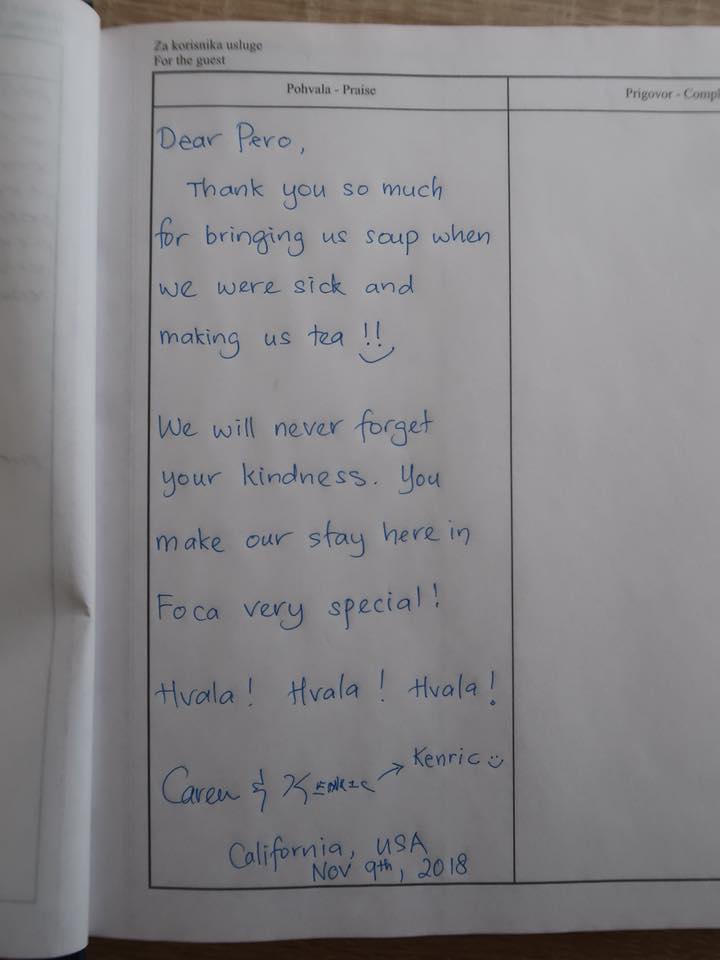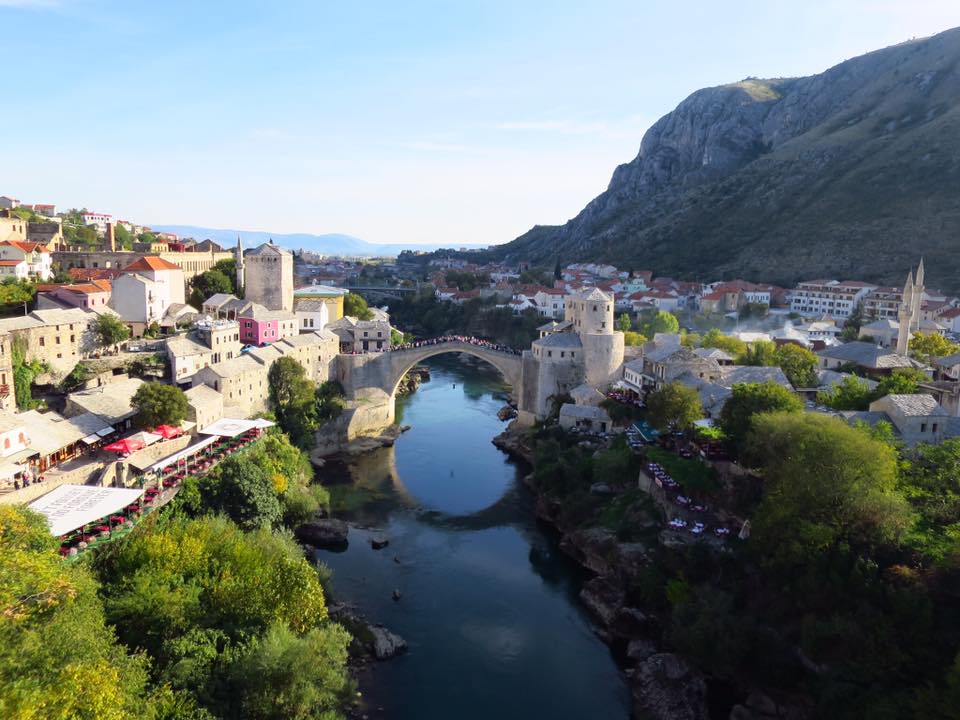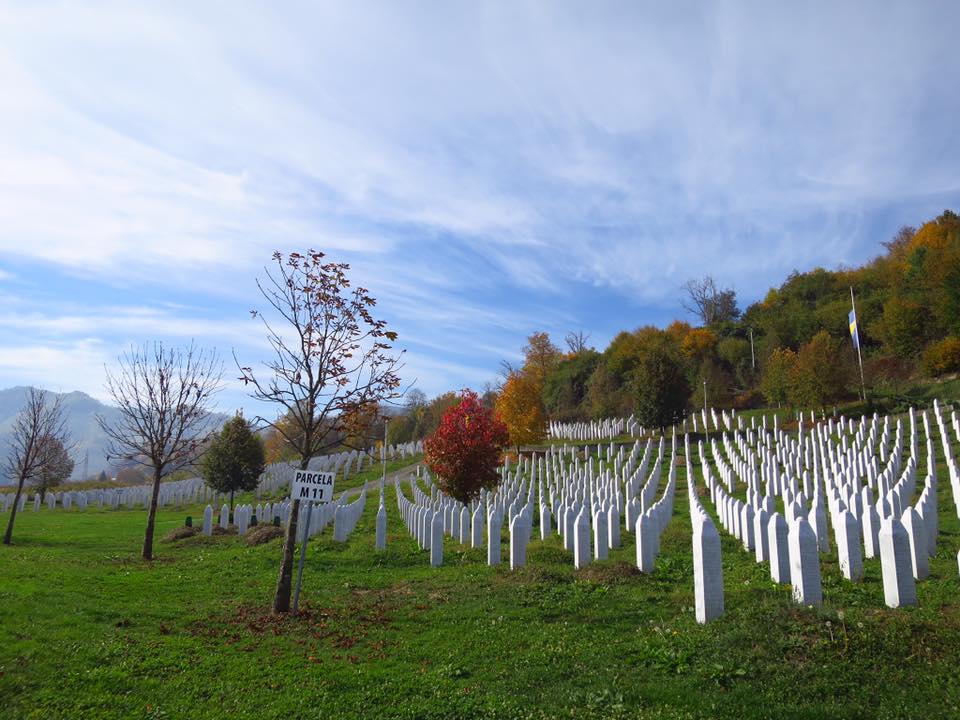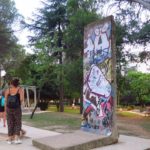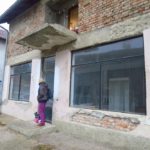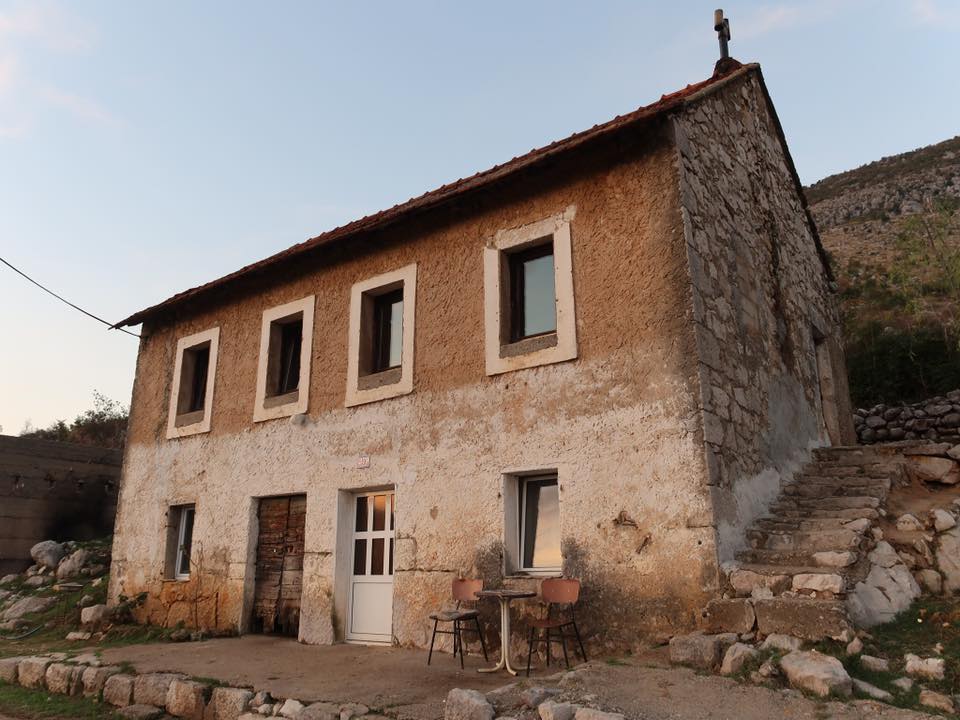The Berlin Wall came down on November 9th, 1989 (29 years ago, today). A few weeks later, the non-violent Velvet Revolution ended Communism in Czechoslovakia. Among the six republics that made up Yugoslavia, Slovenia and Croatia declared secession in June 1991, Macedonia in September 1991, and Bosnia-Herzegovina in March 1992. Montenegro stayed with Serbia until June 2006. Slovenia gained independence after a ten-day war; and Croatia, a four-and-a-half-year war.
When Bosnia and Herzegovina held its independence referendum in 1992, only Muslim Bosniaks and Catholic Croats, and some Christian Serbs who lived in larger cities participated (99.7% favored independence). Christian Serbs outside of larger cities were either prevented from participating or boycotted the referendum. That’s because by then, the Serbs had declared their own government called Republika Srpska (pronounced Serbska) and preferred to join with Serbia and Montenegro instead of remaining in the newly independent Bosnia and Herzegovina.
Soon, Republika Srpska’s troops, with weaponry support from Serbia, were fighting against the new Bosnian government. The Bosnian War (and the Siege of Sarajevo) lasted about four years until NATO finally took action in late 1995. About 70,000 Serbs who were still in Sarajevo packed up and moved into Republika Srpska territory.
Today, the country of Bosnia and Herzegovina comprises two “constitutional and legal entities” – Federation of Bosnia and Herzegovina (mostly Bosniaks and Croats) and Republika Srpska (mostly Serbs). Even the city of Sarajevo sprawls across both entities.
Welcome to Republic of Srpska
Driving towards Sutjeska National Park three nights ago, we were greeted by a “Welcome to Republic of Srpska” sign. It was a little unnerving even though the war ended 22 years ago. Imagine how nervous I was when we were stopped by the local police twice in one day!
Having learned about the genocide of 8000+ Bosniak boys and men in Srebrenica alone (the worst atrocity in Europe since WWII); having seen the many bombed-out buildings in Sarajevo and in wiped-out Bosniak villages around the country; and most of all, knowing that the Srpska troops simply returned to civilian life after the brutal killings and rapes many of them committed, it was chilling to enter the aggressor’s territory. I must mention that the Bosniaks and Croats also committed war crimes, but on a much smaller scale. All three groups were fighting one another.
Visiting Republika Srpska was a conscious effort to see and learn about this area and its people. While the brutality of its troops is well documented, we also heard of an act of humanity. The Srebrenica survivor whom we met last year, lived in a mixed village. He said his family was able to escape the village because his Christian Serb neighbor who was on duty at the village checkpoint let them go. They weren’t so lucky after that, and it took him years to find his twin brother’s remains.
Supporting Reconciliation
Among the many things Arna and her Mom have given us was a “Reconciliation Pomegranate”. Arna brought it back after guiding a “Reconciliation Tour” that includes the eastern part of the country in Republika Srpska and into the country of Serbia. She said whether or not such tours will really lead to true reconciliation, she must do her best to support the effort. She’s quite an inspiration.
I find myself asking how people in this region live with the shame of what they’ve done or what has been done in their name, just as I wondered what was going through the minds of the American visitors when we were at the War Museum in Saigon, Vietnam, especially when looking at the exhibits on Agent Orange. Depends on who the person is, I guess.
I feel that the majority of the people we’ve met in Republika Srpska are very reserved, but not rude. Kenric says it is actually Americans that smile and say “Thank you” way more than the rest of the world. After the restaurant waiter ignored me until he saw Kenric standing next to me, I was beginning to count the hours until we return to the Federation side. I must mention that this has happened many times in the U.S. and in other parts of the world too.
VIP Rooms
After that dinner, we drove to the guesthouse where we had a reservation for the night, VIP Rooms. Oooooo!!! The owner, Pero, was very happy to see us. He first greeted Kenric in German. After he shook my hand, he asked, “Kina?” I nodded and said, “Kina from Malezija”. He took our passports for registration, pointed at his roadside market and showed us our room. He nicely explained everything and demonstrated how to turn on the heater. I told Kenric I was so glad we stayed there because it was important that we met someone like Pero in Republika Srpska.
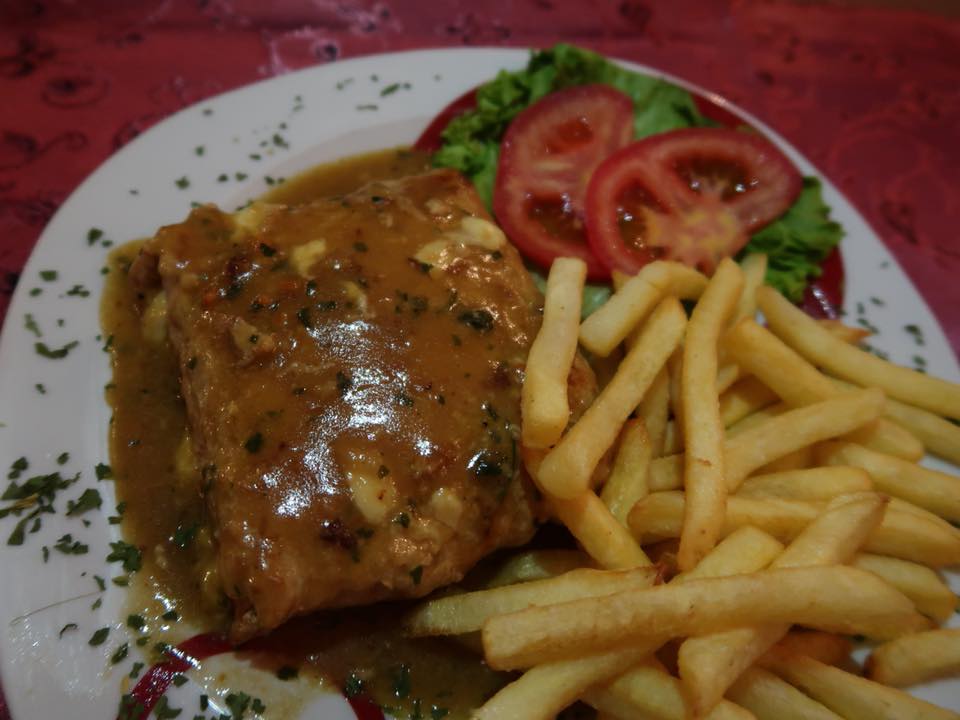
After moving our bags into the room we went to check out his market. He offered us “Schnapps”. Kenric happily accepted, but I declined. The cashier lady, whom we later learned was his wife, poured some into a shot glass. It was an unmarked bottle. Pero gestured that he made it. Kenric liked it. I had a sip, it was very smooth. We’re pretty sure it’s Rakia, but he declared it “Medicine!” When I grabbed a bottle of water from the fridge, he said, “Mineral.” Thanks for the heads-up, Pero! That’s not what I wanted. He exchanged it for a bottle of still water.
Woke Up Feeling Horrible
Kenric fell asleep by 7:30 pm, and woke up in the morning feeling horrible. He prepared two Google translations into the Bosnian language, one in Latin text and one in Cyrillic for “I’m sick. Can I stay for one more day?” Luckily, the room was available. Pero gave Kenric two tablets for his stomach problem. Around 3:30 pm, he knocked on the door to check on Kenric and started boiling water to make him tea. Kenric got scolded for not wearing the indoor slippers because the floor was very cold.
I offered to go to the hotel next door to get some chicken soup from their restaurant, but Kenric said he’ll think about it. At around 5:20 pm, another knock on the door. “Put on your slippers before you go out.” [Commotion in the kitchen.] “He brought us soup.” Pero went back to the main house to bring us two dinner rolls, and said “Bitte schön”. Just like the waiter at the restaurant, Pero knows more German than English.
Blown Away by Kindness
He went to check on the two guests that checked in earlier and assuringly told Kenric they were doctors. We gathered that the two ladies were specialists who will stay three nights while working in the hospital in Foca. Pero gestured that he will come back to clean up the dishes. We ate hurriedly so that I could wash the dishes before he returned. We were really blown away by his kindness.
Kenric was a lot healthier this morning so we packed up to leave. We looked for Pero to say goodbye. He poked Kenric’s stomach asking if it’s better and was happy that it is. Pero immediately pulled his hand back when he realized Kenric was trying to slip him a tip. He adamantly refused and we just couldn’t convince him to take it. Kenric was so touched by Pero’s kindness that he teared up and asked for a hug. Danke schön and auf wiedersehen, Pero!
